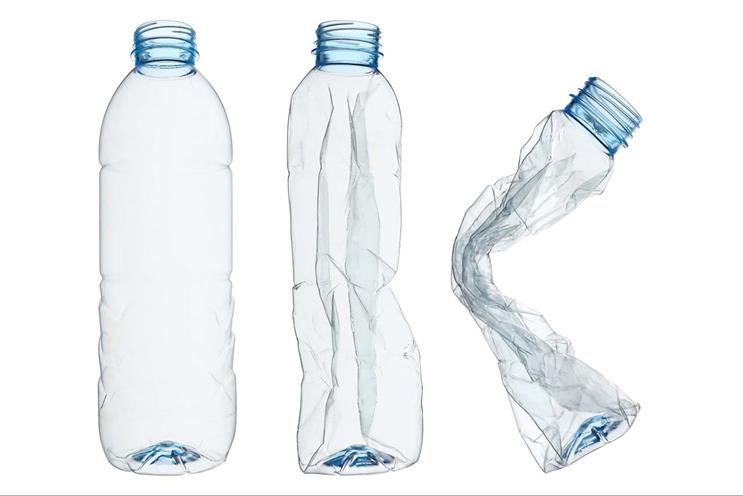Culture.
The modern creative agency’s mantra.
A quick look at agency websites across adland, including my own, indicates we’re all in thrall to its importance.
Ideas that people want in the world. Ideas that engage with culture. Ideas that people choose to engage with.
David Golding argued last year that our industry was divided between Culture and Collateral. And he may well be right. But isn't the point that we may need to help change culture, not just make it?
It is perhaps a great irony that if we’re doing our jobs properly, the building of strong brands is predicated on increased consumption – yet if we as an industry are to strive for good, we equally need to be wary of adding more and more stuff to a world straining under the weight of over-consumption. One such cultural scourge on our nation is plastic.
With waste plastic covering huge areas of the surface of the Pacific, and our national treasure Sir David Attenborough, mortified, highlighting the increasing levels of human-caused damage in our oceans, is welcome. But what are we, as an industry, going to do about it?
We really must act, whether it is on our client’s agenda or not. Frozen food retailer Iceland has already taken the opportunity to say that it will remove plastic from its . But our real task as agencies is to find the brilliantly simple ways of rallying the public behind the problem.
There are subtler routes than using bans and hectoring messages for brands, and their agencies, to change culture and people’s behaviour.
 I call this "smuggling goodness" into the work that you do. When we created "" with Anya Hindmarch we expected it to be a Trojan horse for behaviour change. All 32,000 bags sold out in hours.
I call this "smuggling goodness" into the work that you do. When we created "" with Anya Hindmarch we expected it to be a Trojan horse for behaviour change. All 32,000 bags sold out in hours.
Fleetingly, we "made culture", but the aim was to change it. It was a start, but not the middle, and certainly not the end.
Pukka Tea recently introduced its , and Pret A Manger .
This week, SodaStream announced that it aims to tackle the UK’s issue of 35 million daily discarded plastic bottles by providing the consumer benefit of slashing the cost of its fizzy water makers by 80%. These are all brands making a start.
On the theme of water bottles, Team Sky, gets through 5,000 plastic water bottles during the Tour de France. , harnessing fan power to address the problem.
If you are one of the hundreds of thousands of spectators lining the course, you pick up a bottle and win a prize by registering it on the Team Sky website. More than half of the bottles were collected. Again, just a start.

If agencies are serious about the effect that we have on our culture then we need to be the ones addressing the issues that the nation is responsible for. And we must use our creativity and consumer insight skills to provide brands with the tools to help achieve the goals the government have rightly set for them.
And how about we judge the effectiveness of our work not just on revenue, profit, and market share but also on the good (or bad) impact increased demand creates?
We're starting from a position of strength. Nobody I know is against reducing plastic consumption. We just need to make it easy and clear for people, and use advertising as a force for good. Something we could, and should, all pride ourselves on.
The real solution for those looking for opportunities to be more socially responsible? Let's focus on affecting culture, not just adding to it.
Tim Ashton is founder and creative partner at Antidote


